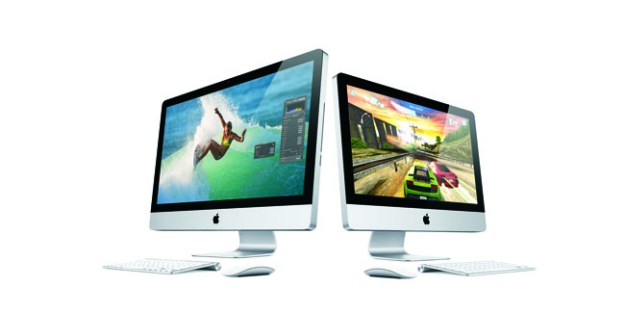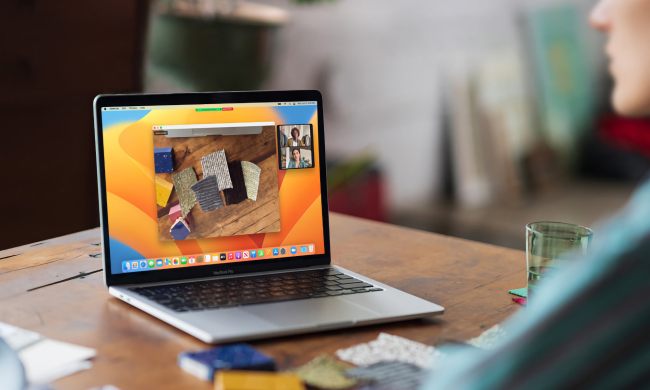
Apple has surpassed Acer and Toshiba to become the third largest PC retailer in the US, reports Mashable. According to numbers from market research firm Gartner, that puts the Mac maker just behind Hewlett Packard and Dell.
During the second quarter of 2011, sales of Apple computers grew 8.5 percent year-over-year to give the company a 10.7 percent market share, reports Gartner. That compares to the Cupertino, California-based company’s 9.3 percent market share in 2010. By comparison, Dell comes in at No. 2 with 22.6 percent market share — almost double that of Apple. HP holds 26.9 percent market share.
The numbers from IDC, another market research company, look even better for Apple. According to their count, Apple is still No. 3 in the US, but saw 14.7 percent year-over-year growth. Both IDC and Gartner agree that Apple holds 10.7 percent market share.
Worldwide, Apple still has a long way to go before it sees itself in the top billing. The reports show that, on a global scale, the top five PC makers are HP, Dell, Lenovo, Acer and Asus.
Both companies include the sales of netbooks in calculating their numbers, but do not include tablets sales. This means Apple’s dominance in the US isn’t being helped by its stellar sales of that device, nor is it helping the company’s placement on the world stage.
Gartner and IDC show that, overall, the PC market is doing terribly. Total worldwide PC shipments grew only 2.6 percent, which falls far short of the 6.7 percent growth Garner predicted, and not even a fourth of the 12 percent growth IDC forecast.
Apple’s growth is faster than any other company, other than Lenovo, which, according to Gartner, surged a staggering 22.5 percent year-over-year.


